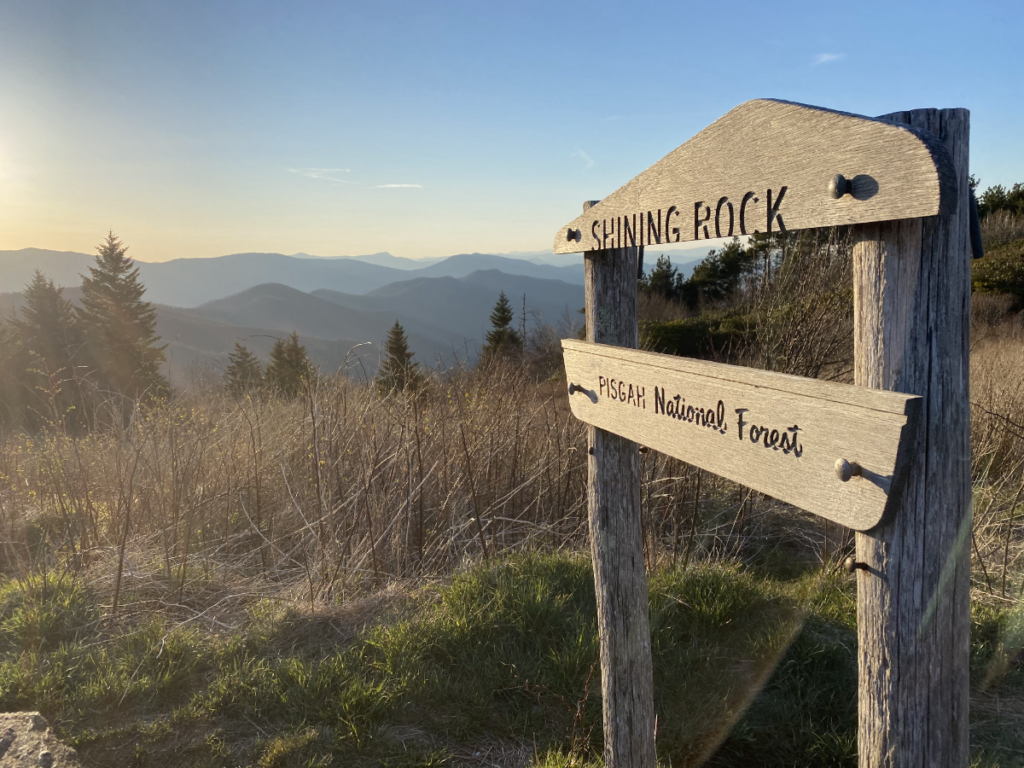

Date
Silence is golden some may say, some may say,
Well I say silence is an aimless time to kill,
It’s a restless feeling pounding on my brain both night and day,
And these old wheels of mine spin louder as it builds.
– Mandolin Orange
“These Old Wheels”
We live in a society that prizes productivity. Perhaps it makes an idol of productivity. You would think technology especially would bring a level of simplicity for today’s world. I myself have a way of automating certain lights in my home. However, a study from Barna shows while our advancements in technology have given us access to an incredible amount of information, it has not necessarily made our lives easier. The accessories of our lives have offered us everything, even distractions from what is important. No worries – there is even an app for that! (A callback to early iPhone commercials.) There are even expectations for employees to be available beyond work hours in today’s work culture. (I am definitely guilty of this.)
The God-Given Solution
If you’re like me, you find yourself thinking about “the next thing” – whatever it may be – all while the task at hand is not yet done. Even when I’m on vacation, it is difficult to be in the moment. I find myself needing to occupy my headspace with some type of work. With the idol of productivity set before us, it may be difficult to unplug – in both the literal and metaphorical senses.
This is a concept that is becoming increasingly uncomfortable for me. Usually my solution for a stressful or even mundane day of work is distraction. Not a day goes by that I don’t have some kind of podcast or YouTube series going in the background to carry me along. I believe this is due to our current culture has made us what Jean Fleming calls a “people with an aversion to quiet and uneasiness with being alone.” It is almost as if God had today’s world in mind when He gave the gift of the Sabbath to the Israelites thousands of years ago.
In 1991, Donald Whitney released Spiritual Disciplines for the Christian Life, a book discussing the disciplines that are necessary for spiritual maturity. Among disciplines we all are familiar with – prayer, Bible intake, fasting – silence and solitude are listed among them. Being able to sit in quiet and rest takes work – especially when it comes under the purpose of a spiritual discipline. Because it is just that: a discipline. Just like anything that requires discipline, one needs direction and a goal for the pursuit. Considering the spiritual disciplines, Whitney lays his entire book on 1 Timothy 4:7b:
Discipline yourself for the purpose of godliness.
What does it mean to consider silence and solitude as a for the purpose of godliness? Well, we can go to Jesus for this, as Whitney points out. Jesus often sought solitude alone. In Mark 1:29-39, Jesus wakes before the sunrise “and went out to a desolate place, and there he prayed” (Mk 1:36). Only hours before, Jesus was healing scores of diseased and possessed people after sundown. We can’t say why Jesus felt he needed to be away at this point. In a practical sense, no one simply needs Jesus so early in the morning. Jesus also sought solitude with others. Later in Mark 6:31-32, Jesus invites his disciples to “come away by yourselves to a desolate place and rest a while.”
What Silence and Solitude Is Not
Seeking moments of silence and solitude is not a time of accidents. It is not a moment stumbled upon whereby we stumble upon hidden truths, inner peace, or direct communications from God. It is also not a time of nothingness, which is the hardest part of this discipline for me. When we think of silence and solitude as a spiritual discipline, it may signify something like transcendental meditation – a moment of mind-emptying – yet it is far from it.
What Silence and Solitude Is
As stated, silence and solitude as a spiritual discipline is a discipline. Whitney says, “The Discipline of silence is the voluntary and temporary abstention from speaking so that certain spiritual goals might be sought.” When engaging in silence and solitude, we intentionally are seeking out an end goal. According to Whitney, the Bible demonstrates a few goals of silence and solitude:
- To follow Jesus’ example,
- To minimize distractions in prayer,
- To express worship to God,
- To seek the salvation of the Lord,
- To be physically and spiritually restored,
- To regain a spiritual perspective,
- To seek the will of God, and
- To learn control of the tongue.
All of these are worthy goals for the believer, and nothing to shy away from. With these goals in mind, silence and solitude suddenly become a discipline we could not live without!
If silence and solitude is to be a discipline, how do we put it to practice? Some helpful ways to consider this include:
Dedicated Spaces
Sometimes it’s hard to make a quiet time space out of where we work. Especially in this new era of working from home, it might be particularly distracting to try and have quiet time at the same desk we do our daily work. I personally find the trails at Brecksville Reservation to be especially good for these types of moments.
Plan Ahead
As with any other appointment we set, marking your calendar – whether paper or digital – reinforces that you have a time dedicated to the purpose of godliness. In the same way we do not stumble into our dentist office accidentally, we cannot stumble into disciplined times of quiet with God.
Guided Prayers and Readings
The hardest part of any new thing for me is the beginning. It may be difficult to know how to navigate through a moment of silence and solitude intentionally without instinctively pulling out your phone. Having a set prayer and passage of scripture set out ahead of time may help set all of this time apart. (As an added bonus, journaling is the next spiritual discipline on Whitney’s list!)
Go On Retreat
Every year, I go camping with my old college buddies. As often as I can, I will leave a few days ahead of this trip for a solo, overnight trip to the backcountry. These moments of true solitude away from modern conveniences, truly help reveal what is inadvertently idolized in my life. There is something about being without cell service and checking (and rechecking) my phone that is quite revealing. At the same time, being in an environment that reveals God’s “bigness” and your “smallness” against Creation is what Whitney describes as having “spiritual perspective.”

Corporate Silence and Solitude
How can we help practice silence and solitude as a body of believers? Each week, we already partake in the Lord’s Supper accompanied by low music. Admittedly, I have been sneaking in a few extra moments of time to extend this part of the service. Yet, this is not a disciplined time. What Tony and I hope to do is introduce this time – to reconsecrate it – as a time of guided silence and solitude. The plan is to have Communion together, our same time of prayer, with a simple addition of questions and points on the screens to help dial in this time.
This is the simple part of pursuing silence and solitude as a spiritual discipline. The temptation of engaging in any new-to-us spiritual discipline is to over-complicate the process. But, it is as simple as adding guardrails to what we might consider as “downtime,” and using it to the glory of God. In the spirit of 2 Corinthians 10:5, we’ll strive to “keep every thought captive” in order to focus on the things of God in silence together.

